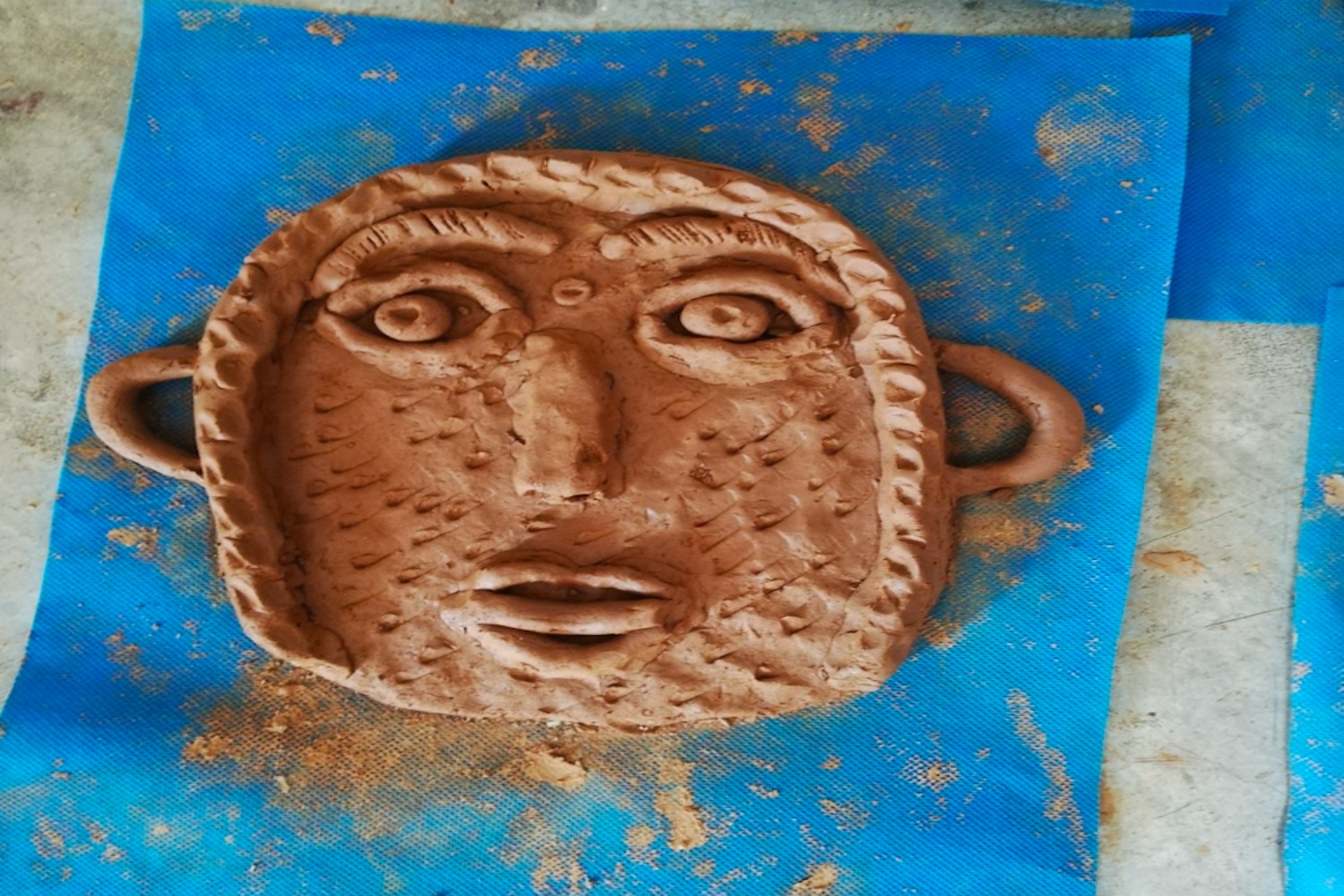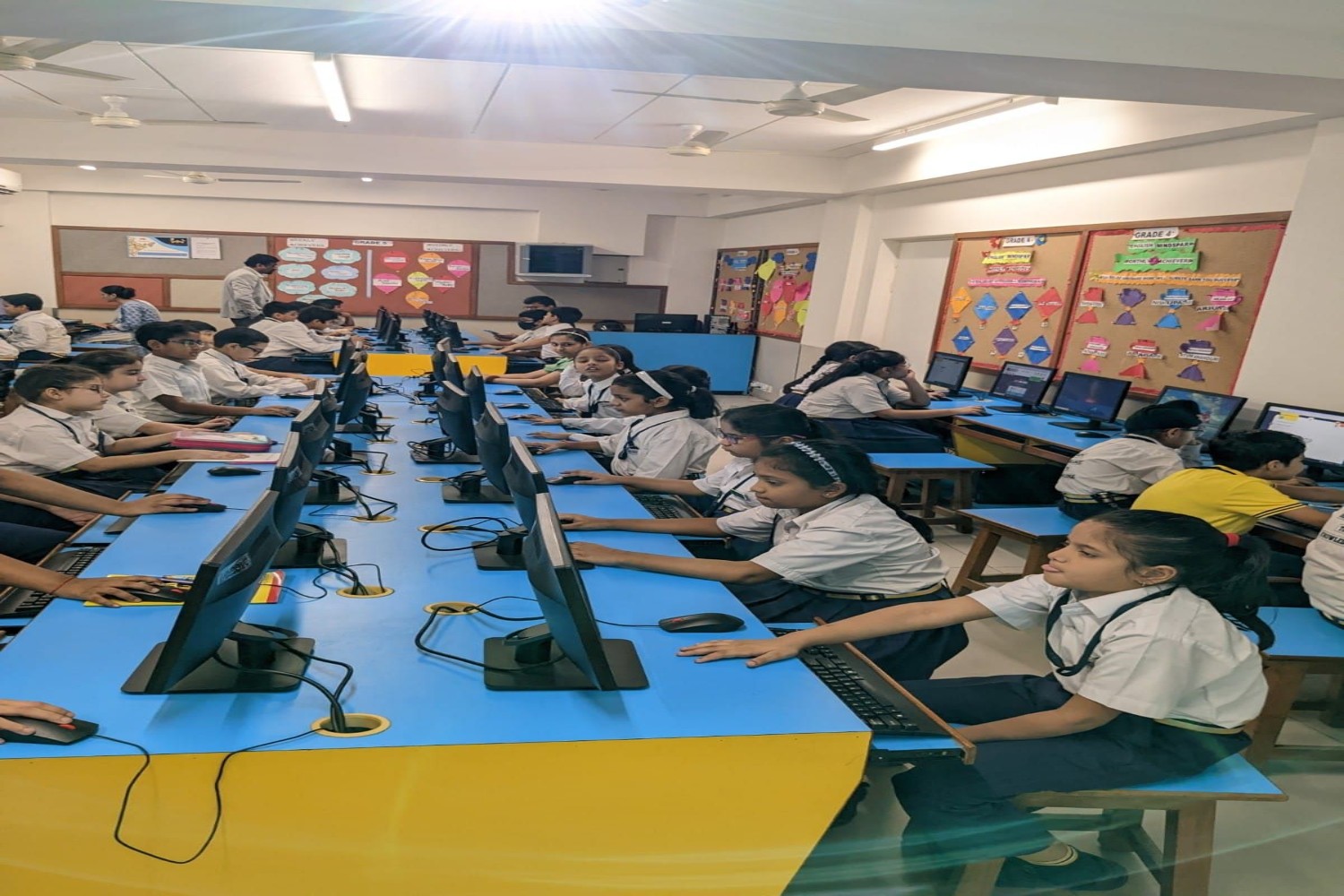Why assessments are central to learning
In this issue, we focus on Assessments are central to the process of learning.

Assessment seems to drive the logic and practice of the learning and education ecosystem in India. The general populace judges schools based on how their students perform in Board examinations. Public debates rate the success of governmental initiatives in education by their ability to produce higher pass rates in similar exams. In this context, what we often do not do, is try and honestly answer the question – ‘What assessments are for?” – for ourselves.
What are assessments for? In our education system, assessments seem to primarily have the functions of ranking students and institutional gatekeeping. This is very clearly not fair on the students, nor is it conducive in facilitating their learning. Such a situation is also not reflective of the needs of contemporary society.
Assessments can and must fulfil multiple roles. But their primary use in an educational system must be to facilitate learning. Over the last couple of decades, the increasing adoption of the Continuous and Comprehensive Evaluation (CCE) framework, as a part of the assessment process, is sometimes seen as being an important step forward in this regard. However, the adoption of CCE has been patchy. Sometimes, what it has meant on the ground is simply the proliferation of the number of tests that students must take.
The adoption of assessment reforms, such as CCE, often miss out on a core aspect of this process. It is this – frameworks such as CCE that try to make assessments a part of learning operate with the assumption that each unit of learning must be a unit of assessment, and each unit of assessment must be a unit of learning as well. However, this understanding is rarely, if ever, translated into practice in classrooms.
Thus, we need to reimagine assessment as a pedagogic tool. Practically what this means for classrooms is that students must not be assessed only to gauge their learning levels. Learning and assessment must happen in a virtuous cycle of iteration. Assessments should feed into learning. More importantly, they must become acts and spaces of learning in and of themselves.
This does not mean that we cannot have largescale summative assessments. There is an important role and space for these. But the primary use of assessment at the classroom level must have the aim of fostering student learning. Assessments and their outcomes, when scientifically studied and creatively used, can also be used as important guides for reforming and finetuning teaching practices and systemic support.
However, this will require a great deal of freedom for the teachers and trust in their abilities and agency. For students to learn, teachers must be free. Assessments then can cease to be a source of fear and become spaces for fun-filled learning, for students, teachers, and for everyone else in the system



No approved comments yet. Be the first to comment!